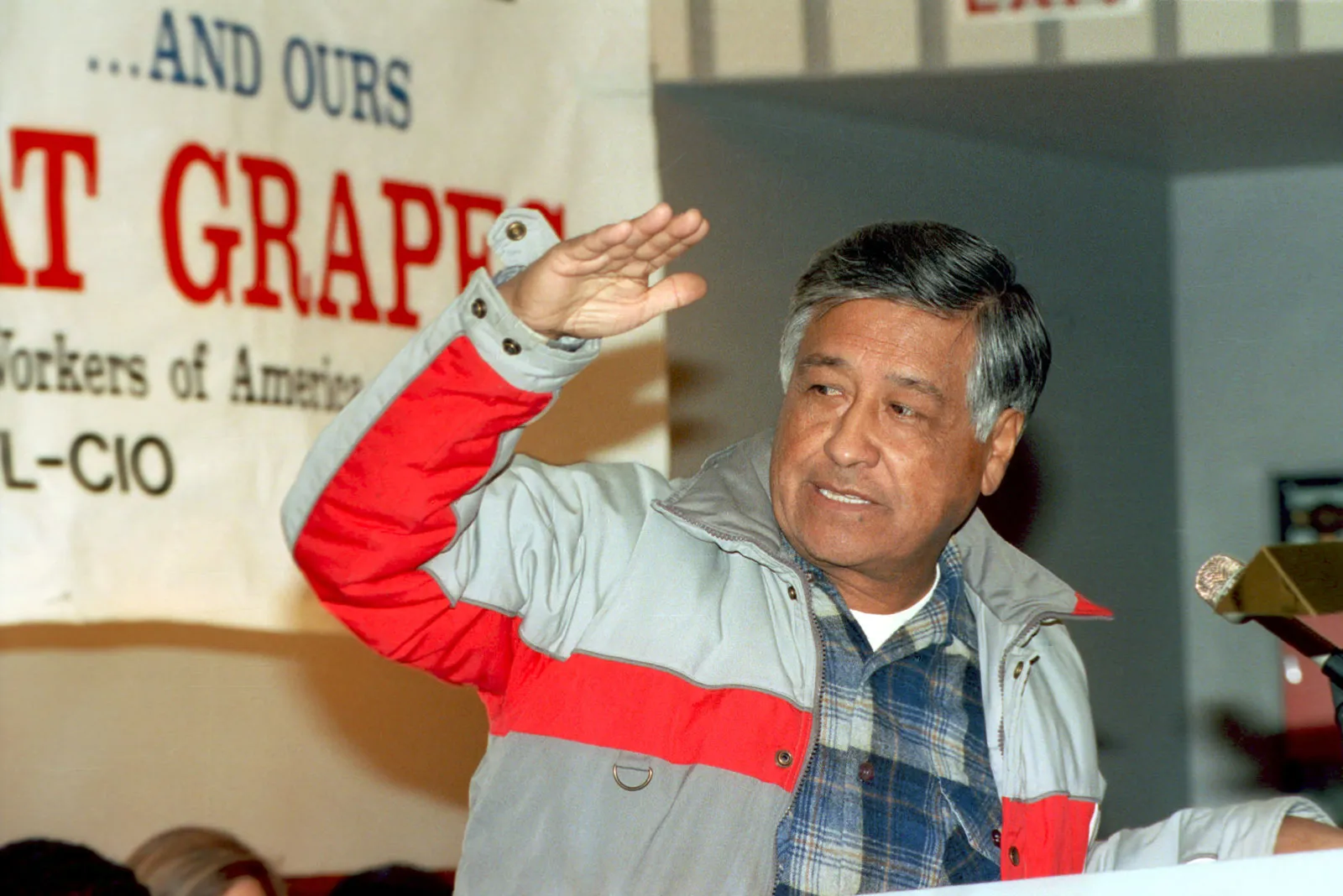Cesar Chavez: A Champion of Labor Rights
Cesar Chavez is a name synonymous with labor rights and social justice. His life’s work has left a lasting impact on the fight for workers’ rights in the United States. This article explores the legacy of Cesar Chavez, his contributions, and why his work remains relevant today.
Early Life and Background of Cesar Chavez
Cesar Chavez was born on March 31, 1927, in Yuma, Arizona. Growing up, Chavez faced many challenges. His family worked as migrant farmworkers, moving from place to place in search of work. These experiences shaped Chavez’s understanding of labor issues. His early life exposed him to the harsh realities faced by farmworkers.
In 1944, Chavez joined the U.S. Navy. After his service, he returned to California and continued to work in agriculture. He saw firsthand the poor working conditions that many farmworkers endured. This experience fueled his desire to fight for better labor conditions.
Founding the United Farm Workers
In 1962, Cesar Chavez co-founded the United Farm Workers (UFW) union with Dolores Huerta. Together, they sought to improve the lives of farmworkers. The UFW aimed to address low wages, poor working conditions, and lack of basic rights for workers.
Chavez’s leadership was instrumental in the early success of the UFW. He organized strikes and boycotts to draw attention to the plight of farmworkers. The most notable was the grape boycott of the 1960s. This boycott gained national attention and led to better conditions for workers.
The Delano Grape Strike
One of the defining moments in Cesar Chavez’s career was the Delano Grape Strike. In 1965, farmworkers in Delano, California, went on strike against grape growers. Chavez led the UFW in supporting these workers. The strike aimed to secure higher wages and better working conditions.
The strike lasted for five years and drew widespread support. Chavez’s leadership during this period was crucial. He used nonviolent methods to advocate for workers’ rights. The strike eventually resulted in a contract that improved conditions for the workers. This victory demonstrated the power of collective action.
Principles and Beliefs – Cesar Chavez
Cesar Chavez was a strong advocate for nonviolent protest. He believed in peaceful methods to achieve social change. Inspired by the teachings of Gandhi and Martin Luther King Jr., Chavez promoted nonviolence in all his efforts. This approach helped garner support and sympathy for the UFW’s cause.
Chavez also emphasized the importance of community and solidarity. He encouraged workers to unite and support one another. His belief in the power of collective action was central to the success of the UFW.
Challenges and Controversies
Cesar Chavez’s journey was not without challenges. He faced opposition from powerful agricultural interests. These interests sought to undermine the UFW and discredit Chavez’s efforts. Despite these challenges, Chavez remained steadfast in his mission.
Some controversies surrounded Chavez’s leadership. Critics argued that his tactics could be harsh and that he sometimes alienated potential allies. However, Chavez’s dedication to the cause remained unwavering. His focus was always on improving the lives of farmworkers.
Legacy and Impact – Cesar Chavez
Cesar Chavez’s legacy is significant and far-reaching. His work laid the foundation for labor rights and workers’ protections in agriculture. The improvements in wages and working conditions for farmworkers are a testament to his efforts.
Chavez’s influence extends beyond labor rights. He became a symbol of the broader struggle for social justice. His principles of nonviolence and community solidarity continue to inspire activists and leaders.
In recognition of his contributions, many places and organizations honor Cesar Chavez. Schools, streets, and parks bear his name. His birthday, March 31, is celebrated as Cesar Chavez Day in several states.
Continuing the Work
Today, Cesar Chavez’s legacy continues through various organizations and movements. The United Farm Workers remains active, working to advance workers’ rights and social justice. Chavez’s vision of a fair and just society endures through these efforts.
New generations of activists draw inspiration from Cesar Chavez’s life and work. They continue to fight for workers’ rights, using the principles he championed. The ongoing struggle for social justice reflects the enduring relevance of Chavez’s legacy.
Conclusion
Cesar Chavez was a true champion of labor rights and social justice. His work transformed the lives of countless farmworkers and left an indelible mark on American history. Through his leadership, dedication, and principles, Chavez demonstrated the power of collective action and nonviolence. As we reflect on his legacy, we remember the significant impact of Cesar Chavez and continue to honor his contributions to a fairer and more just society.
In summary, Cesar Chavez’s life and work offer a powerful example of how one person’s dedication can drive meaningful change. His legacy lives on through the continued efforts to improve labor conditions and promote social justice. The impact of Cesar Chavez remains a source of inspiration and a reminder of the ongoing struggle for workers’ rights.


